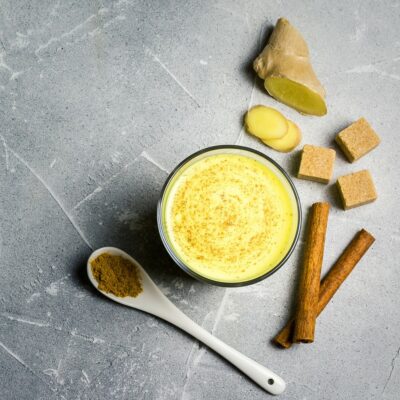
Dietary Tips for Patients with COPD
A healthy diet is a part of any COPD treatment. In addition to doctor-prescribed medications and therapies, the right food gives the affected person adequate energy to manage their symptoms. It is estimated that patients with COPD exspend 10 times more calories while breathing than those without the condition. People with COPD are likely to feel tired as the day goes by. They should make sure that they get the proper rest in the evening.
Here are a few dietary tips to follow:
1. Consume smaller meals
Since more energy is used to breathe, smaller, more frequent meals are encouraged. Four-five smaller meals during the day will help the diaphragm move freely for easier breathing. Avoid overeating as it prevents the diaphragm from moving.
2. Eat breakfast
Breakfast is an important meal and has to be heavier than the other smaller meals during the day, and has to be packed with protein and fiber. Toasts, oatmeal with milk, and fruits supply the required fiber that can give your body the required energy. Pair your breakfast with fruit juice or decaffeinated coffee. Go for the most nutritious high protein and fiber foods along with some carbs and starch. Take small bites, chew well, and eat slowly to prevent cough while eating. Furthermore, it is essential to rest in the evening as COPD could wear you out as the day progresses.
3. Focus on calcium-rich foods
Steroids are used as part of treatment for COPD, which will increase your requirement for calcium. You can increase the consumption of calcium-rich food or take supplements. Protein in some forms has to be part of your meal. It could be animal-based like chicken and fish or plant-based like beans, legumes, and lentils.
4. Hydrate
Drink 6-8 glasses of water every day; this will prevent dehydration. This also plays an important role to dilute the mucus and improve breathing. When you are eating, finish your food and then drink water and not during the meal. Moreover, smoothies, milkshakes, and yogurt are excellent snacks as well as energy boosters. Learn about interesting smoothies and milkshakes that can help COPD.
5. Meal prep
If you are too tired to cook in the evening, you can make batches of food during the weekend or in the morning when you feel more energetic and brisk. Keep some meals ready at home so that you can satisfy your hunger. Plan your menus, make a shopping list, keep the ingredients ready to make it, and prevent multiple trips to the supermarket. Keep some snacks in your bag, car, and workplace so that you always have something at hand if you are hungry. It could be a fruit, cookies, or a muffin.
6. Avoidance foods
Avoid food that are high in salt and sugar. Too much salt results in water retention while high sugar can increase acidity and put pressure on the abdomen. Avoid junk food as they have additives and coloring agents that can irritate the respiratory system and cause cough. Abstain from alcohol and caffeine, as it can reduce the impact of medication. Avoid tea, coffee, and chocolate as caffeine could interfere with medication. Try and get rid of the mucus one hour before eating, as this can reduce the chances of you choking as well.


